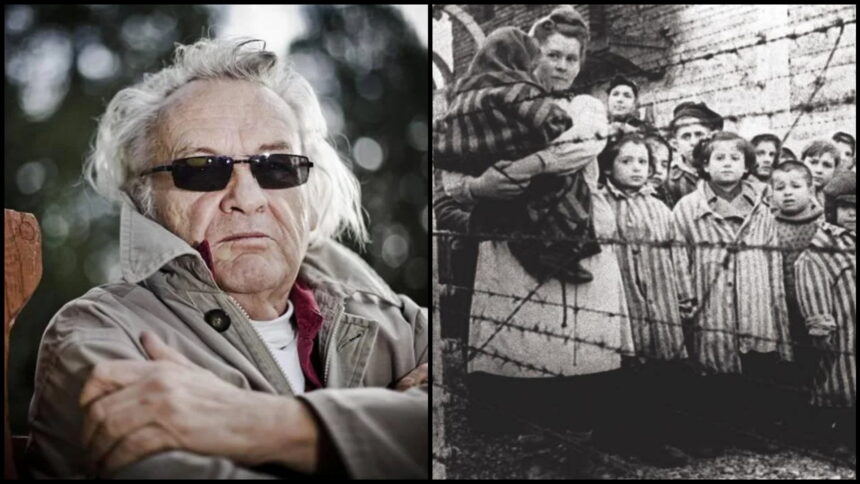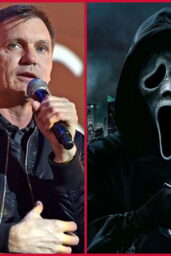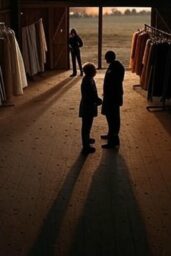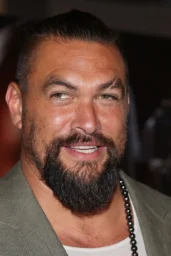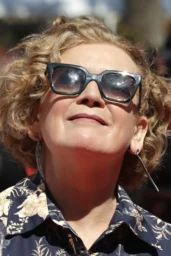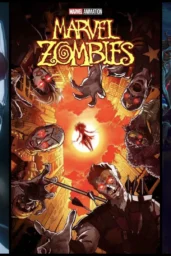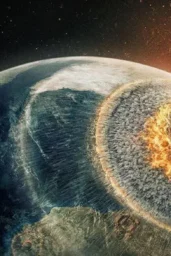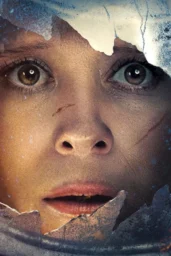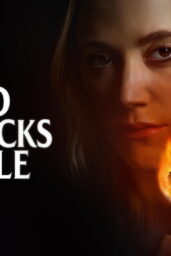The first thing I did when I heard Jerzy Skolimowski was getting back behind the camera? Laughed. Not because it’s funny—okay, a little funny, the guy is 87 and just made a donkey movie (“EO”) that out-hustled directors half his age. Cannes couldn’t get enough. Picture that: everyone’s hyped about a donkey dodging disaster, shot like it was “Run Lola Run.” And now—Skolimowski’s aiming his lens at Auschwitz.
Hold up. Shia LaBeouf’s involved? Not as a casualty, not as comic relief, but as star and—wait for it—screenwriter. Even my most cynical film-friends didn’t see that coming.
An Unlikely Team. Or Maybe That’s the Charm.
The film’s name is “Angel of Death.” Yeah. Cheery. Set in the thick of WWII Auschwitz, LaBeouf takes on Dr. Miklos Nyiszli, the Jewish pathologist forced to work with Dr. Josef Mengele, the most nightmarish character in the Holocaust playbook. Skolimowski will direct and produce, working through his own Skopia Film. There’s a rumor the project will be pitched ASAP for Polish Film Institute backing.
Let’s unpack that: Shia LaBeouf, last seen running lines with David Mamet in a quick-shot indie (“Henry Johnson,” wrapped in five days and released with barely a whimper), now wrestling with a script that—if shot as early as this fall—could have Skolimowski waltzing back up the Cannes steps next spring. (No, there’s no official release date. No trailer. Just that whiff of momentum, and a faint, collective gasp.)
Am I suspicious? Sure. But I’m invested, if only because Skolimowski does resurrections like no one else. “Deep End,” “The Shout,” “Moonlighting”—his old stuff creeps into your bones. In France, critics write about his films the way American teens tweet about Taylor Swift. That’s not hyperbole; flip open ‘Cahiers du Cinema’ and count how often they invoke the man’s last decade—“Essential Killing,” “Four Nights With Anna,” “11 Minutes.” He’s the comeback king, and that’s before counting “EO.”
Why Now, Why LaBeouf?
Maybe the pairing is a stroke of weird brilliance. LaBeouf—mess and all—knows how to show pain. Sometimes too well; sometimes he just leaks it all over the screen. I can see Skolimowski, unsentimental but never cold, taking Shia’s volatility and trapping it in Auschwitz’s claustrophobic nightmare. If anyone can make the Holocaust feel surreal-vivid again—not just textbook grim, but bodily, confusing, new—it’s these two, working at what’s got to be the strangest creative intersection this side of the festival circuit.
Does that make me nervous? Yes. I’ve seen enough “important” Holocaust movies that left me colder than an empty theater. But I’m betting Skolimowski, still the punk under the wily professor mask, isn’t aiming for safe.
Late-Career Surges and Second Acts
Let’s not forget—three years ago, “EO” burst out of nowhere and wound up with jury praise at Cannes. The guy’s been up and down more than a festival escalator: periods of silence, cult classics, indie French resurgences. Some careers end quietly; his refuses to sit still.
Will “Angel of Death” echo Marley’s ghost—reminding us why we flinch at history, what horror feels like before we wrap it in sepia and platitudes? Or will it buckle under its own ambition, the curse of all high-stakes “prestige” projects?
I don’t know. Nobody knows.
But the old rebel is back at it, staring down the worst chapter humanity ever wrote, dragging LaBeouf with him. It’s a risk. Sometimes—okay, most times—those are the movies that stick.
I’ll be watching. Cannes probably will, too.

